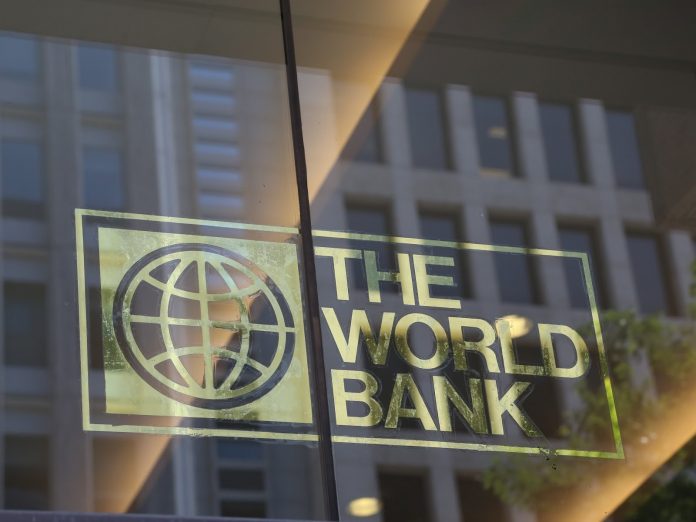ISLAMABAD: The World Bank has extended the Actions to Strengthen Performance for Inclusive and Responsive Education (ASPIRE) program by three years and approved an additional $33 million in financing.
The new closing date for the program is June 30, 2028. The extension aims to support the government’s efforts to respond to school disruptions, expand access, improve education quality, and strengthen coordination in lagging districts.
According to official documents, progress on the project development objective and overall implementation has been rated satisfactory. The ASPIRE program has completed and verified several targets during the current reporting period.
Under DLI 7, 2,094 classrooms for grades 6–8 have been built or rehabilitated in lagging districts. Under DLI 8, 1,000 schools in those districts have received improved WASH facilities.
Teacher training programs have been conducted under DLI 9, covering distance learning, foundational literacy, accelerated learning, and formative assessment.
For fiscal year 2024–25, the Federal Finance Department released $30 million for ASPIRE implementation under DLR 10.5, linked to NEEP budget allocation and release.
The National Online Data Portal became operational in June 2025 under DLR 11.1. Standardized data collection and analysis under DLR 11.2 has been completed, and the results of the 2023–24 Annual School Census were made public in May 2025.
Pakistan also participated in an international literacy and numeracy assessment under DLR 12.3. Foundational learning policies have been officially notified in provinces under DLR 13. All completed DLIs and DLRs have been verified by the Independent Verification Agent.
The additional $33 million financing includes $3 million under the Investment Project Financing (IPF) component. The new financing is intended to build on the program’s results by expanding its scope and piloting a performance-based transfer mechanism between federal, provincial, and district governments.
Six new Disbursement Linked Results (DLRs) have been added. These include development and approval of well-being and nutrition policies (DLR 1.2), implementation of foundational learning policies in 25 percent of primary schools in lagging districts (DLR 13.2), horizontal integration of education data at the provincial level (DLR 11.3), alignment of provincial assessment frameworks with NAT and approval by IPEMC (DLR 12.4), approval of the Out-of-School Children Catch-up Framework design (DLR 14.1), and establishment of the Catch-up Framework (DLR 14.2).




